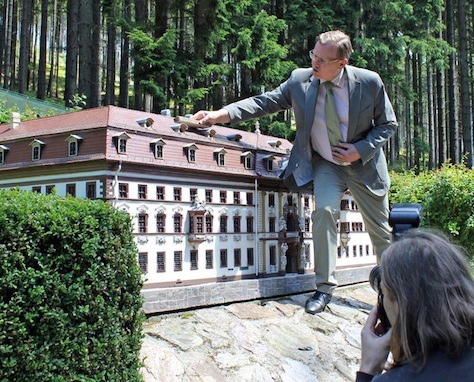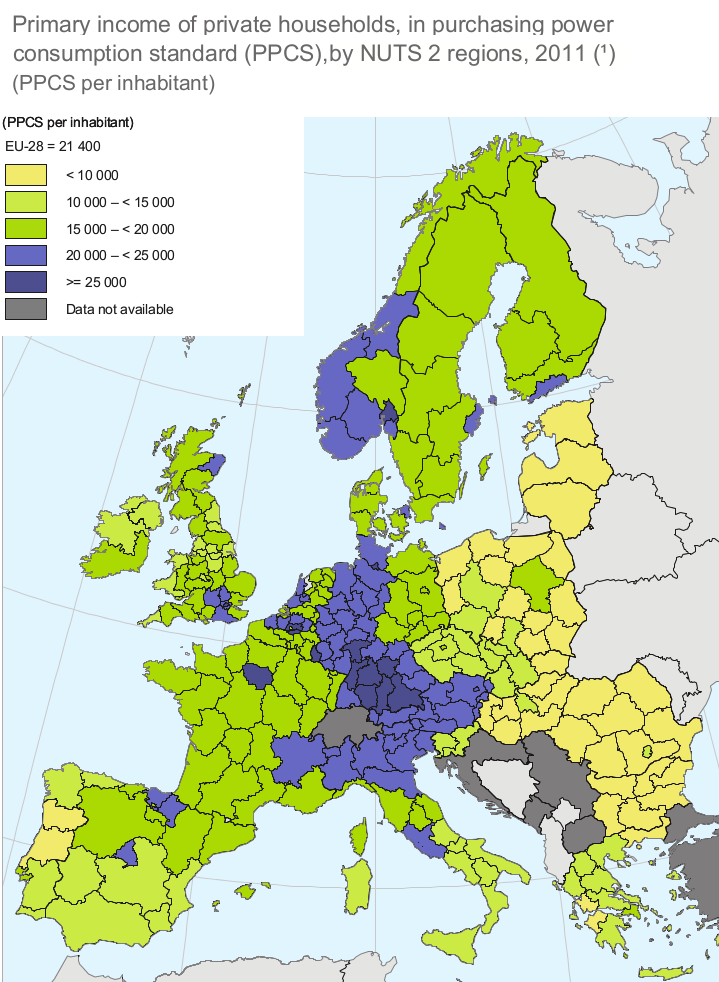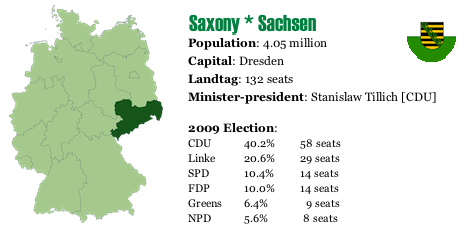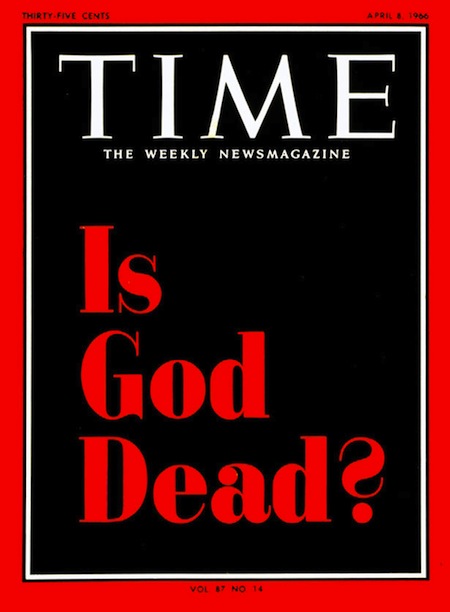Bodo Ramelow (pictured above) isn’t a Stasi throwback intent on socializing Thuringia into a communist hellhole.![]()
Instead, he’s a rather boring Lutheran born in West Germany, but he could also become the minister-president of the former East German state after state elections on September 14, which could give Die Linke (Left Party) control of its only state in Germany. Thuringia is just one of three eastern states voting throughout the next month, joining Brandenburg on September 14 and Saxony two weeks earlier on August 31.
The Left Party, in particular, has a strong following in the former East Germany, given its roots as the former Partei des Demokratischen Sozialismus (Party of Democratic Socialism), the successor to the Socialist Unity Party that ruled the eastern German Democratic Republic during the Cold War. As such, the traditional Western parties have been wary of partnering with the Left Party.
That’s beginning to change as the German left increasingly considers a more unified approach, and eastern Germany has been a laboratory for so-called ‘red-red coalitions’ between the Left and the center-left Sozialdemokratische Partei Deutschlands (SPD, Social Democratic Party). As such, the Left Party served as the junior partner in Berlin’s government for a decade between 2001 and 2011 and in the state government of Mecklenburg-Vorpommern between 1998 and 2006. Furthermore, a red-red coalition currently governs Brandenburg, and its leaders hope to renew a second term for the government in September’s election.
Though the outcomes aren’t roughly in doubt, the elections take place under the backdrop of news that the eurozone could be sinking back into economic contraction. Initial numbers from the second quarter of the year showed the economy contracting by 0.2% — the first contraction since 2012 — after first-quarter growth was revised down from 0.8% to 0.7%.
* * * * *
RELATED: Has the first Ossi chancellor been
good or bad for the former East Germany?
* * * * *
That’s in addition to the income gap that still plagues eastern Germany, where economic growth lags significantly behind the states of former West Germany, nearly a quarter-century after reunification:
The east’s lagging economic growth, the strength of Die Linke, and growing unity between the SPD and Die Linke are common themes in all three state elections over the next month.
Saxony: August 31
Saxony is the most populous of the three eastern states voting over the next month, making it the biggest prize. But it’s also where the governing Christlich Demokratische Union Deutschlands (CDU, Christian Democratic Union) of chancellor Angela Merkel are most assured of winning reelection. Continue reading Left hopes to make eastern breakthrough in German state elections



